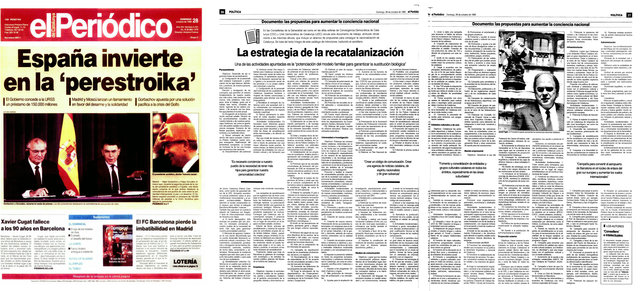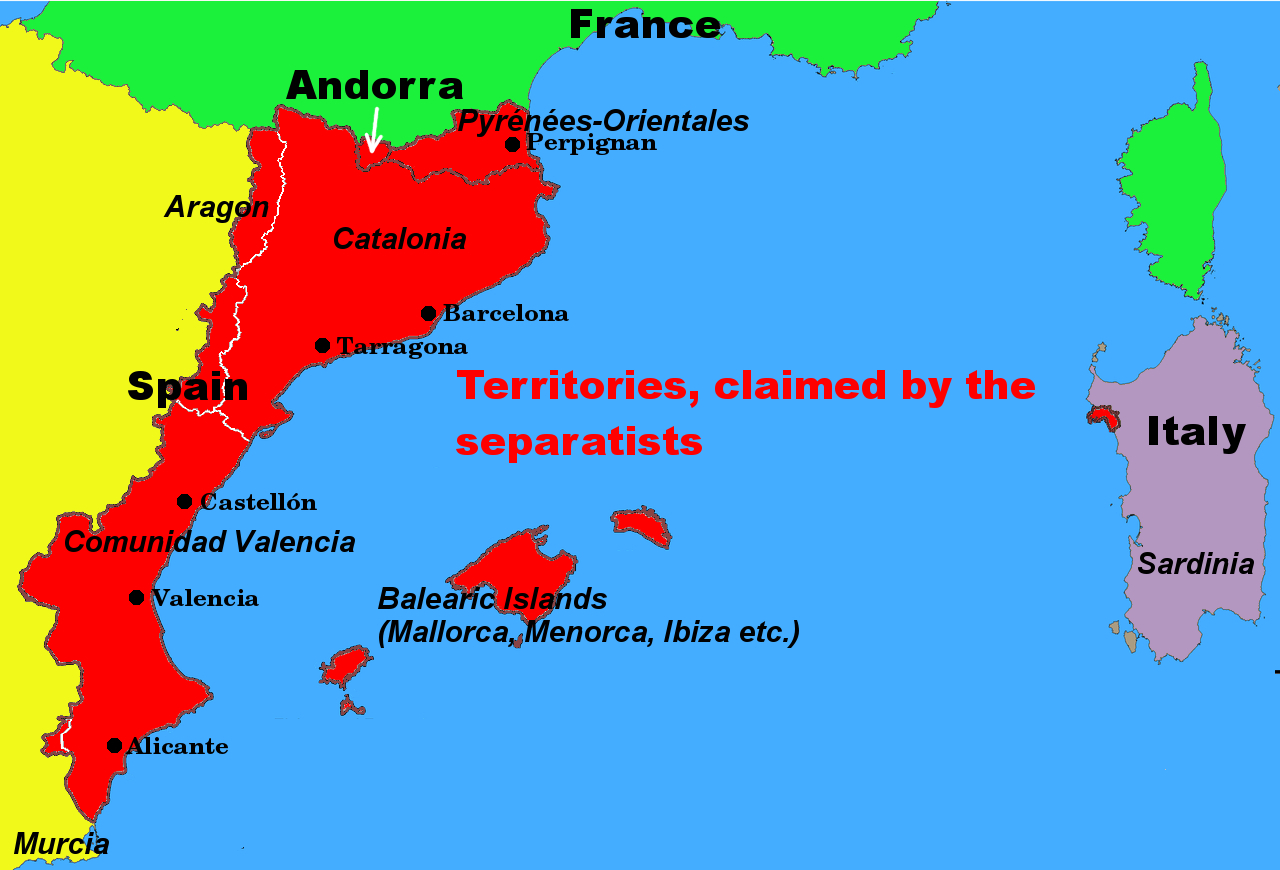Totally nuts?
Spanish soon no longer a vernacular in Spain?
November 05, 2020
The PSOE, Podemos and ERC (Republican Left of Catalonia) have agreed that the new LOMLOE (Ley Orgánica para la reforma de la Ley Orgánica de Educación / Education Law) will no longer include Spanish as a vernacular in schools.
What impact will this have on schools?
At this stage the organisation Hablamos Español writes on the subject: „In Catalonia and elsewhere in Spain, it has been clearly established that even this discriminatory and harmful system, where only 25% Spanish is taught, is not respected“. [1]
On 3 November, El Mundo and ABC reported that the PSOE, Podemos and ERC had agreed that Spanish would no longer be a compulsory language of instruction in the new LOMLOE.
The LOMLOE draft currently still reads: „the education administrations will guarantee pupils the right to be taught in Spanish, the official language of the State, and in the other co-official languages in their respective territories. Spanish and the co-official languages will be considered as vernacular, in accordance with the rules in force“.
According to ABC, the intended change amounts to this: „They are to apply immersion almost without legal barriers“. By this is meant that teaching will now only take place in the regional languages, although in all Spanish areas with regional languages Spanish is the mother tongue of the majority.
A debate on the proposed change is currently underway, in which the PSOE denies that it wants to abolish Spanish as a vernacular, Montero from Podemos has asked to wait for the parliamentary debate and that the diversity and plurality of Spain must be recognised.
Gabriel Rufian, the ERC spokesman, boasts that the aim of the amendment is to „safeguard“ „Catalan as a vernacular language“ in the education sector, and in so doing wants to highlight the success of the agreements with the PSOE and Podemos so that he can distance himself from Puigdemont and his JXCat before the elections.
In view of the fact that Spanish is not sufficiently taught in many regions and sometimes not even 25% of the curriculum, the demand to safeguard Catalan is pure ideology.
We will have to follow the debate in Parliament on Thursday, and we take care not trust any of the politicians. All parties, including the PP, have their own different ideas on language teaching in schools. Just like the motto of the old East-German socialist party SED: „The party is always right!“
Hablamos Español, on the other hand, demands that the parents and not the parties should decide on the language of instruction for their children and has already announced legal action against a correspondingly discriminatory decision in parliament.
Footnotes
[1] https://hispanohablantes.es/2020/11/03/comunicado-de-la-asociacion-hablamos-espanol/
| | | | Click here to subscribe or cancel your subscription |
Myths and deceptions of Catalan nationalism

Here you'll find the translation
The strategy of recatalanization
 1980 the Spanish journal "El Periodico" published a secret document about the strategy of the Catalan government. It shows in a frightening way the actual spiritual world of the separatist leaders.
1980 the Spanish journal "El Periodico" published a secret document about the strategy of the Catalan government. It shows in a frightening way the actual spiritual world of the separatist leaders.Now it is available in english translation.
Pancatalanism
the separatist's imperial claim
 The Catalan government exports the conflict into communities with Catalan population, supporting all efforts of the separatists including financial means to destroy Spain.
The Catalan government exports the conflict into communities with Catalan population, supporting all efforts of the separatists including financial means to destroy Spain. An important tool is the establishment of a language dictatorship that is not afraid to use the same means as Franco.
Separatist indoctrination

Click here to read the study
Language imposition and democracy

An essay in 6 parts on the potentially violent effect of language imposition containing contributions from South Africa, Catalonia, Ukraine and France.
go to part 1
Publications
 The title says: "Catalonia, a conflict is exported. Insights of a migrant"
The title says: "Catalonia, a conflict is exported. Insights of a migrant"Sorry, up to now, this book is only available in German. However, drop us a line, if you are interested to learn more Contact.
